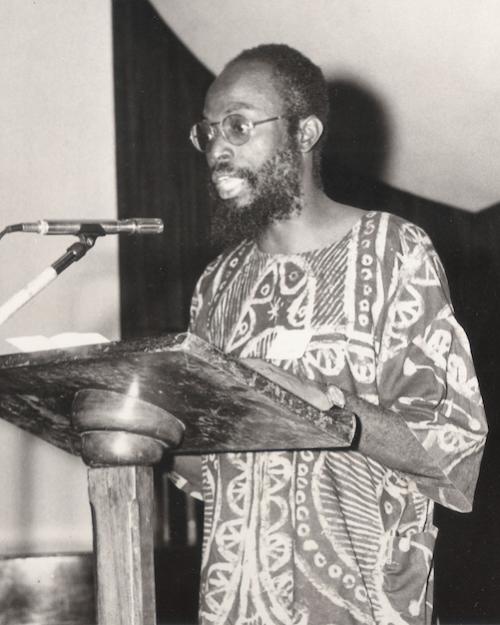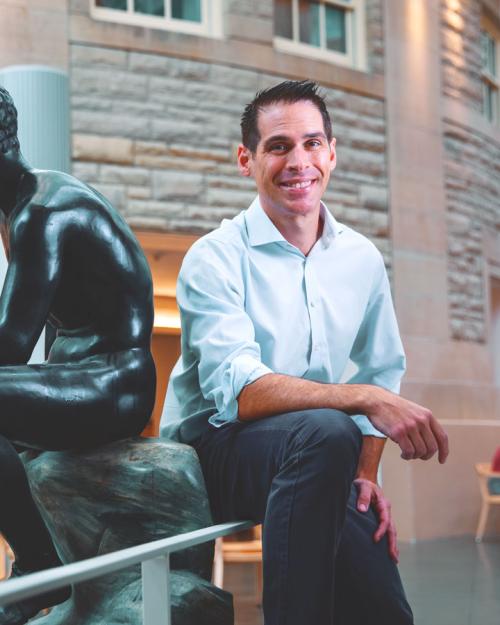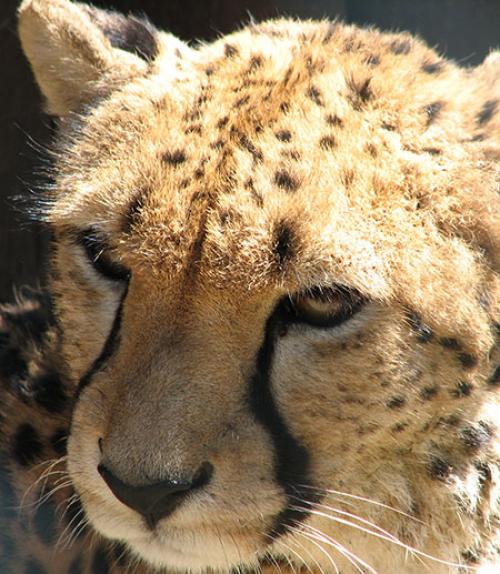How can we speak from the vantage of animals, vapors, cells, corporate or collective persons? What resources might writers of lyric poems and novels have to imagine alternative perspectives?
On May 2, associate professors of English Joanie Mackowski and Elisha Cohn will explore how to write beyond the human at “In a Word.” The conversation, at 4:30 p.m. in G70 Klarman Hall, is free and open to the public. A reception will follow in the English Lounge, 258 Goldwin Smith Hall.
“Novels and poems, contemporary and centuries old, exist in a different relationship to time than we do, perhaps allowing them to escape the conventional and automatic thoughts embedded in daily language, and embedded in our minds,” said Mackowski. “Poetry and fiction, even though they’re made of language, can immerse readers – imaginers – in physical, material sensation and connection, and they can help us to remember and re-embody our own animal natures.”
Cohn’s new book explores the role of animals in contemporary world novels. “A central claim of theories of the novel [is that] fiction necessarily privileges an interior, psychic self to which nonhuman animals have no access,” said Cohn, but recent novels “demonstrate an ambivalence toward … the forms of consciousness attributed to human subjects” and “emphasize animal sentience as a meaningful mode of self-awareness.”
Mackowski is the author of “View From a Temporary Window” and “The Zoo,” which was awarded the Associated Writing Programs’ Award Series in Poetry and the Kate Tufts Discovery Award. Other awards include a Wallace Stegner Fellowship, a Rona Jaffe Foundation Grant and the Emily Dickinson Prize from the Poetry Society of America. Her third collection of poems will explore lyric poetry from an ecocritical vantage point.
Cohn focuses her research on Victorian literature with an emphasis on the novel and theories of the aesthetic. Her book, “Still Life: Suspended Development in the Victorian Novel,” considers how states of reverie and trance shaped aesthetic forms. Her interests include the history of neuroscience, animal studies and affect theory. She has published numerous essays, including in Contemporary Literature, Victorian Studies and the Journal of Victorian Culture.
In A Word is sponsored by the Department of English and the Creative Writing Program.
Anna Carmichael ’18 is a communications assistant in the College of Arts and Sciences.
This story also appeared in the Cornell Chronicle.




